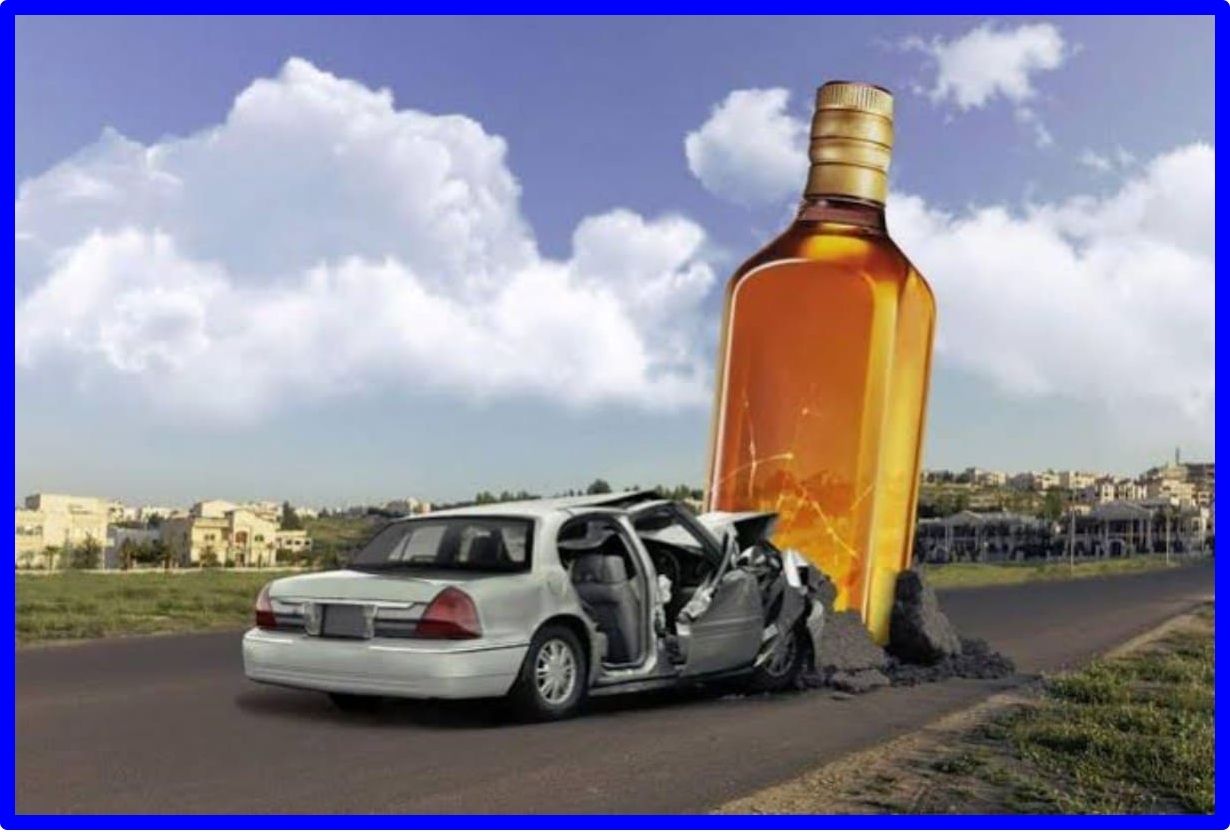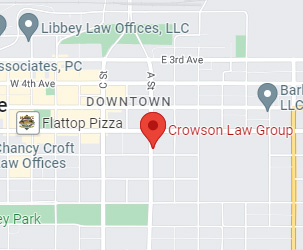Effects of Drunk Driving on Car Accident Claims

Injury claims involving DUI are typically hard to navigate. That said, it’s wise to hire a skilled accident-drunk driver in Anchorage.
Drunk driving can impact your injury claim in many ways. The good thing is that an experienced accident drunk driver in Anchorage can offer expert legal guidance.
How Drunk Driving Affects Car Accident Injury Claims
Here are the common effects of drunk driving on car accident claims:
Higher Compensation
Drunk driving accidents tend to result in more severe injuries. Consequently, plaintiffs may be entitled to higher compensation to cover medical expenses, pain, and suffering.
Denied Claim
The drunk driver’s insurance may deny coverage based on your “illegal” actions. You may have to seek compensation through other means.
Civil Liability
Drunk drivers can be held civilly liable for their actions, leading to additional avenues for pursuing compensation outside of insurance claims.
Diminished Credibility
A driver’s credibility is seriously damaged when alcohol is involved. This can work in favor of the injured party.
Evidence Preservation
In drunk driving cases, it’s advisable to preserve evidence, such as:
- Police reports
- Witness statements, and
- Blood alcohol content (BAC) test results.
These pieces of evidence can be used to strengthen or support your injury claim.
Punitive Damages
Courts may award punitive damages to punish the drunk driver and deter such behavior. Doing so leads to a more substantial settlement for the injured party.
Emotional Impact
Drunk driving accidents often result in emotional distress for the injured party. This can be factored into the compensation claim, considering the psychological impact of the accident.
Longer Legal Process
Drunk driving cases can be more complex and protracted, as they often involve criminal proceedings. This can lead to a longer wait for a resolution of the injury claim.
Common DUI Tests
Here are the common tests used in assessing drunk driving:
Breathalyzer Test
This is perhaps the most well-known DUI test. The breathalyzer test typically measures a suspected driver’s blood alcohol content (BAC) by analyzing their breath.
A high BAC reading can serve as clear evidence of intoxication. However, these tests are not always accurate.
Field Sobriety Tests
These are physical and cognitive assessments conducted by law enforcement at the scene, such as the walk-and-turn test, where you take a series of steps, and the one-leg stand, which evaluates your balance. These tests help officers gauge impairment.
Blood Test
If a breathalyzer or field sobriety test raises suspicions, a blood test may be administered to get an accurate BAC reading.
Urine Test
Although less common, urine tests are used to detect alcohol or drugs in a driver’s system. However, they’re less accurate than blood tests.
Drug Recognition Evaluation (DRE)
For drug impairment, a specially trained officer may conduct a DRE. It involves a series of assessments to identify the type of drug causing impairment.
The effects of drunk driving on car accident injury claims are far-reaching. They can impact compensation, insurance, and the legal process itself.


